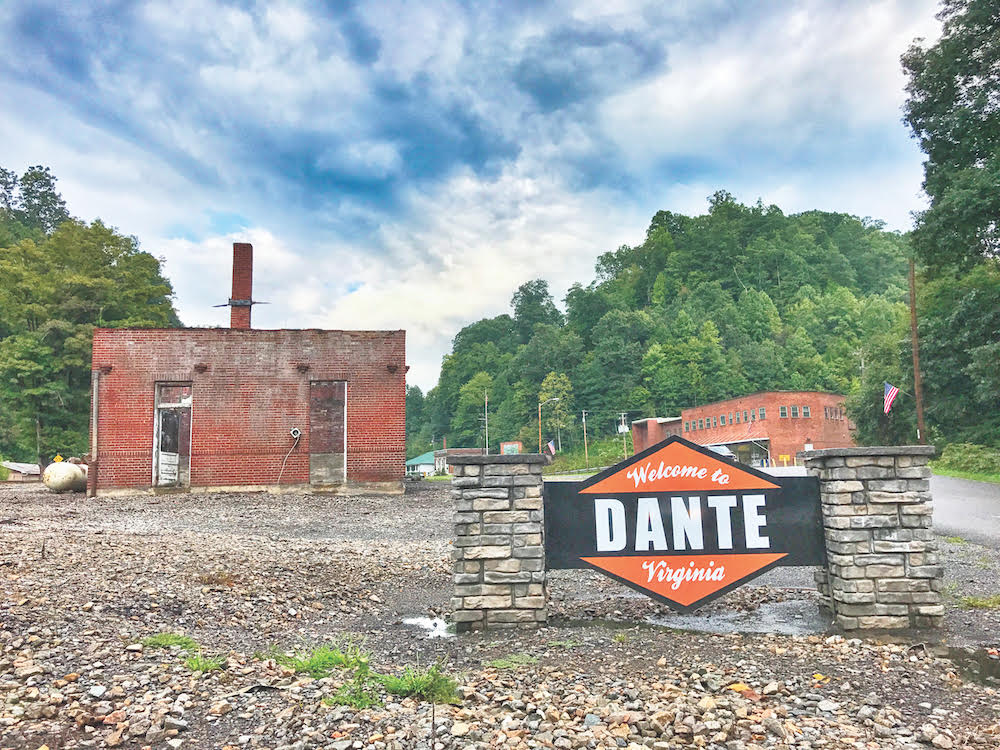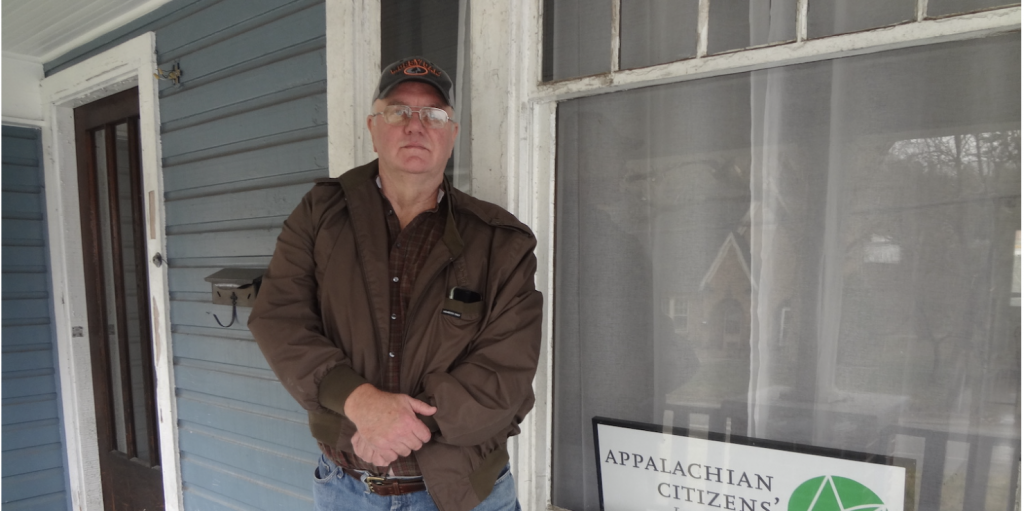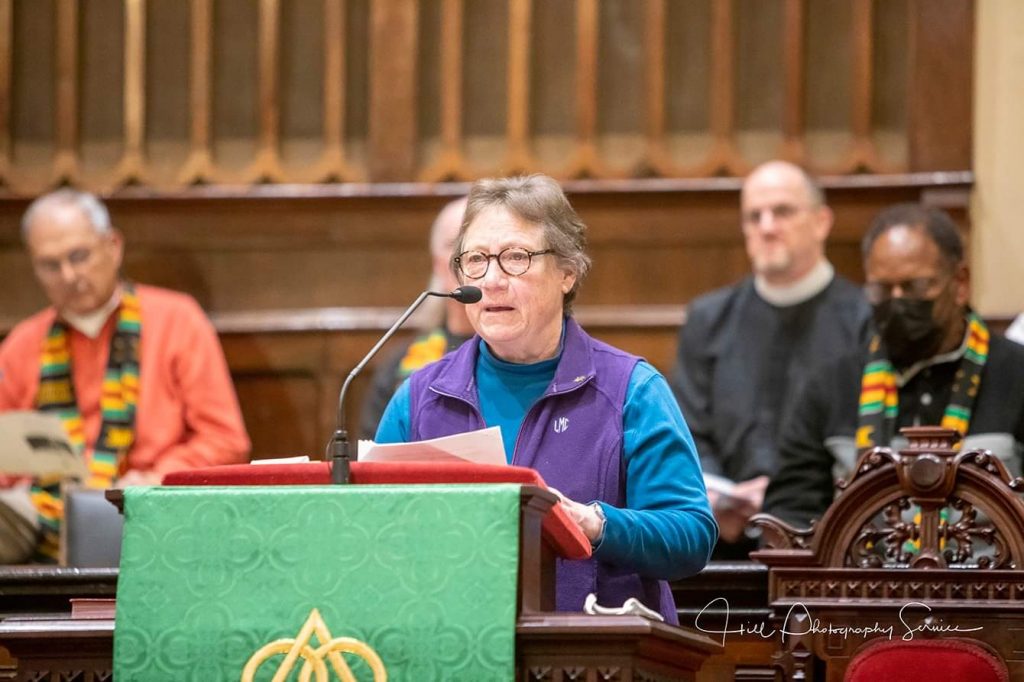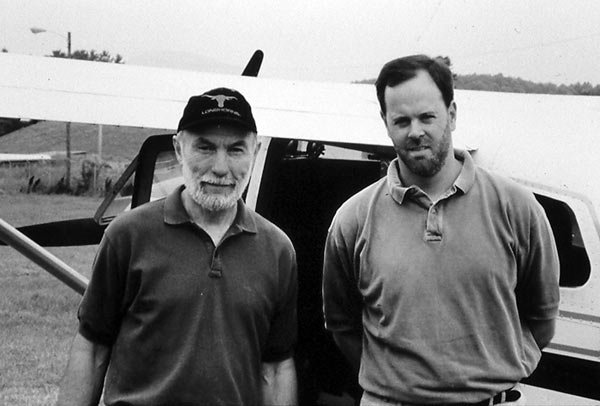Cleaning Up Coal Ash
For well over a century, power plants across the country have burned coal to generate electricity. And for just as long, leftover coal ash has been dumped in open, unlined pits near the power plant, usually located on a river or lake. Every year, U.S. power plants produce 130 million tons of coal ash, which is the second largest waste stream in the country after municipal garbage.
Coal ash concentrates the toxic heavy metals found in coal, including arsenic, mercury, lead and selenium. Stored in unlined, wet impoundments, coal ash has been leaking these toxics into our groundwater and surface waters for years. Sometimes these impoundments collapse — with disastrous results.
Yet government regulations for coal ash management are either non-existent or sparse, and there is little enforcement of the regulations that do exist. In North Carolina, this lack of oversight — and the complicity between state regulators, elected officials and Duke Energy — came to a boiling point in February 2014 when one of Duke’s coal ash impoundments spilled 39 million tons of ash into the Dan River.
Citizens living near North Carolina’s 33 coal ash impoundments — all of which have leaked — have fought for transparency from Duke and the state, and for cleanup of the pollution that threatens their property value, health and family. Their actions forced this issue into the headlines of news networks and to the forefront of environmental justice conversations in the United States.
Appalachian Voices stood with these communities as we worked for years to compel Duke Energy and the N.C. Department of Environmental Quality to excavate coal ash from all the North Carolina sites and dispose of it either in lined, dry landfills, away from waterways, or by recycling it for concrete or other uses, provided it’s done in a manner that protects public health and the environment.
On Jan. 2, 2020, North Carolina announced a historic settlement with one of the state’s most powerful corporations and polluters, Duke Energy. The settlement requires Duke to move nearly 80 million tons of toxic coal ash at six of its power plants to properly lined landfills onsite or recycle it.

Learn information about specific coal ash impoundments in the South, including health threats and safety ratings:
Additional Resources
Fact sheets, videos, links to academic research, and more
Sign Up to Act
Help us protect the health of our communities and waterways.
Latest News
New film highlights West Virginia, Virginia and North Carolina communities that helped stop pipeline
FOR IMMEDIATE RELEASE March 23, 2023 CONTACT Jessica…
Mining agency encourages more, better stakeholder engagement for coal-impacted communities
For years, the Abandoned Mine Land Economic Revitalization program has been one of the only federal grant programs targeted at revitalizing coal mining communities. It’s now being funded at its highest level to date and is getting a spruce-up from the federal agency that administers it.
Black Lung Resurgence Drives Push to Protect Coal Miners Against Silica Dust
Silica dust is behind a dramatic increase in the number of miners becoming ill with the most severe form of black lung disease.
Nuclear Company Pursues Plans to Refine Uranium in Erwin, Tennessee
As Nuclear Fuel Services, Inc., pursues plans to begin producing refined uranium in Erwin, Tenn., local environmental and safety advocates are objecting.
NEW REPORT: Benefits for coal miners with black lung falling behind
This morning, advocates for miners with black lung and their families released a new report detailing how black lung benefit payments have fallen far behind the cost of living, putting ailing miners and their dependents among the most at risk as inflation continues to rise.
Remembering Harvard Ayers, founder of Appalachian Voices
Harvard Ayers, founder of Appalachian Voices, passed away on March 9, 2023. Ayers was a true visionary and leaves behind a powerful legacy for the people and environment of Appalachia.











